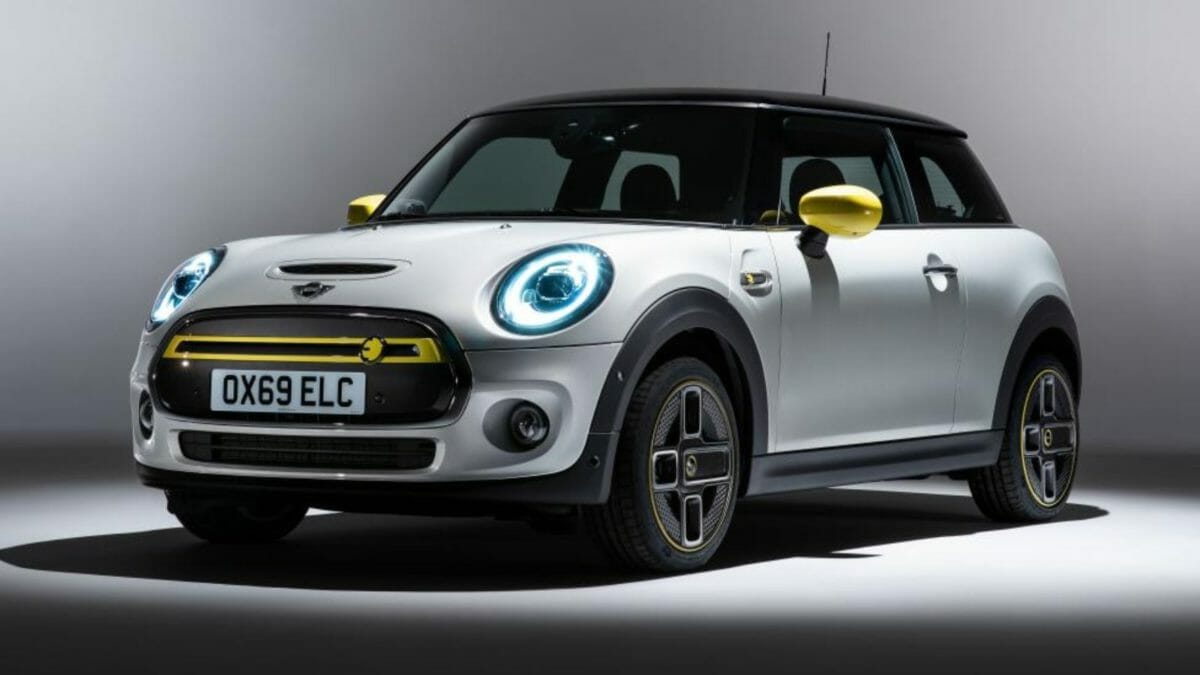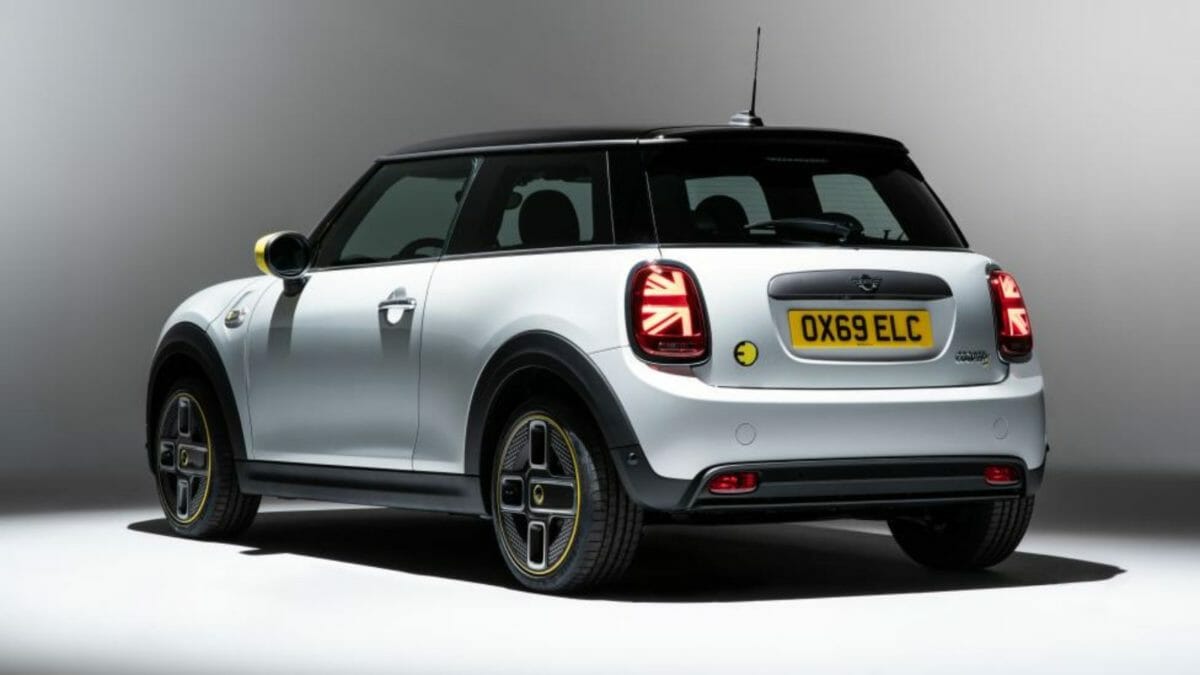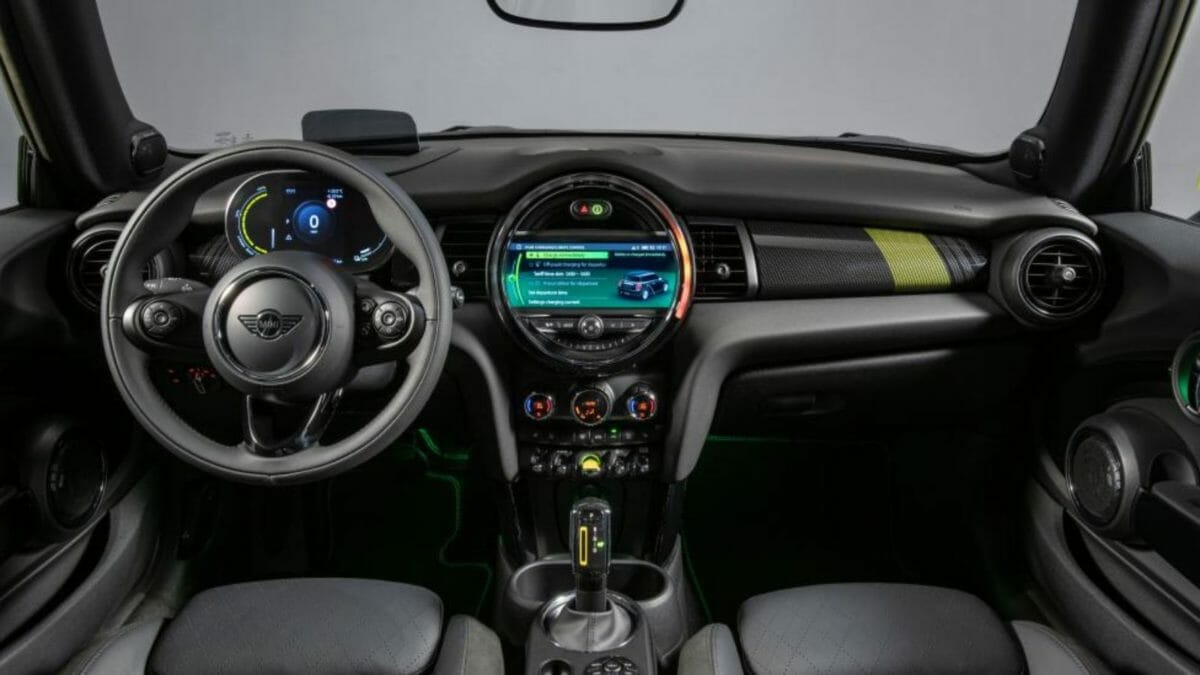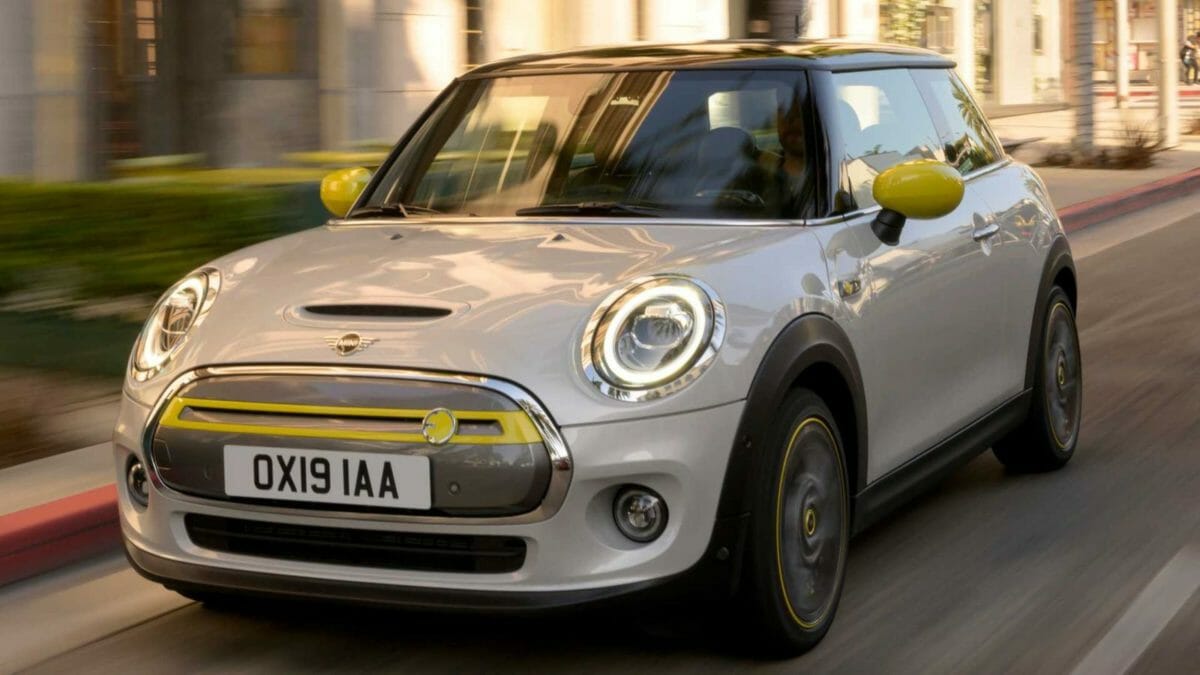Back in October, BMW-owned ‘Mini’ revealed its very first electric vehicle for the Indian market; the Mini Cooper SE. The EV carried an uncanny resemblance to its ICE counterpart, with subtle changes to make them apart. The brand had also opened the pre-booking window in the later parts of the month. With a booking amount of ₹ 1 Lakh, the Cooper SE sold out an entire lot of 30-units in a matter of hours. Most recently, Mini has officially announced the launch date of the SE for the Indian market, and we can expect this car to run on our streets in March 2022.

Mini Cooper SE: A quick recap
In terms of design, the car has some unique elements to itself, but the overall design is the same as the gasoline-powered Mini Coopers. It is offered in a three-door version. The key difference at the front is the new closed grille. It is the same hexagonal grille but the vents have been closed off with a grey plastic cover. The electric car gets splatters of yellow on the bumper, ORVMs, and on the rims as well. The wheels are also specifically designed for this car. Along the side, the shorter wheelbase is complemented by thicker wheel arches.

The car gets a dual-tone colour finish with the roof, A, B, and C pillars all in gloss black. Around the back, the look is identical to the ICE version. The cabin is quite similar to that of the standard Mini Cooper, with a circular display at the centre of the dashboard. As always, the dashboard looks busy, with the only difference of getting yellow accents for the electric model. The Mini Cooper electric is powered by a 32.6 kWh battery pack which is mounted under the floor. It produces 184hp and 270nm of torque.

Top speed is rated at 150 km/h and 0-100km/h comes up in 7.3 seconds. The Mini Cooper electric returns a range of 203 to 234 kilometres according to the WLTP test. The car supports fast charging. With a 50kW charger, it can reach 0 to 80% charge in just 35 minutes. And a regular 11kW charger juices the battery to 80% in 2.5 hours.

